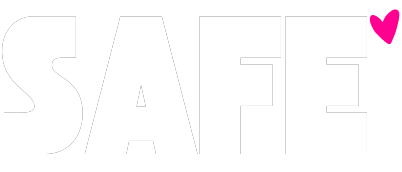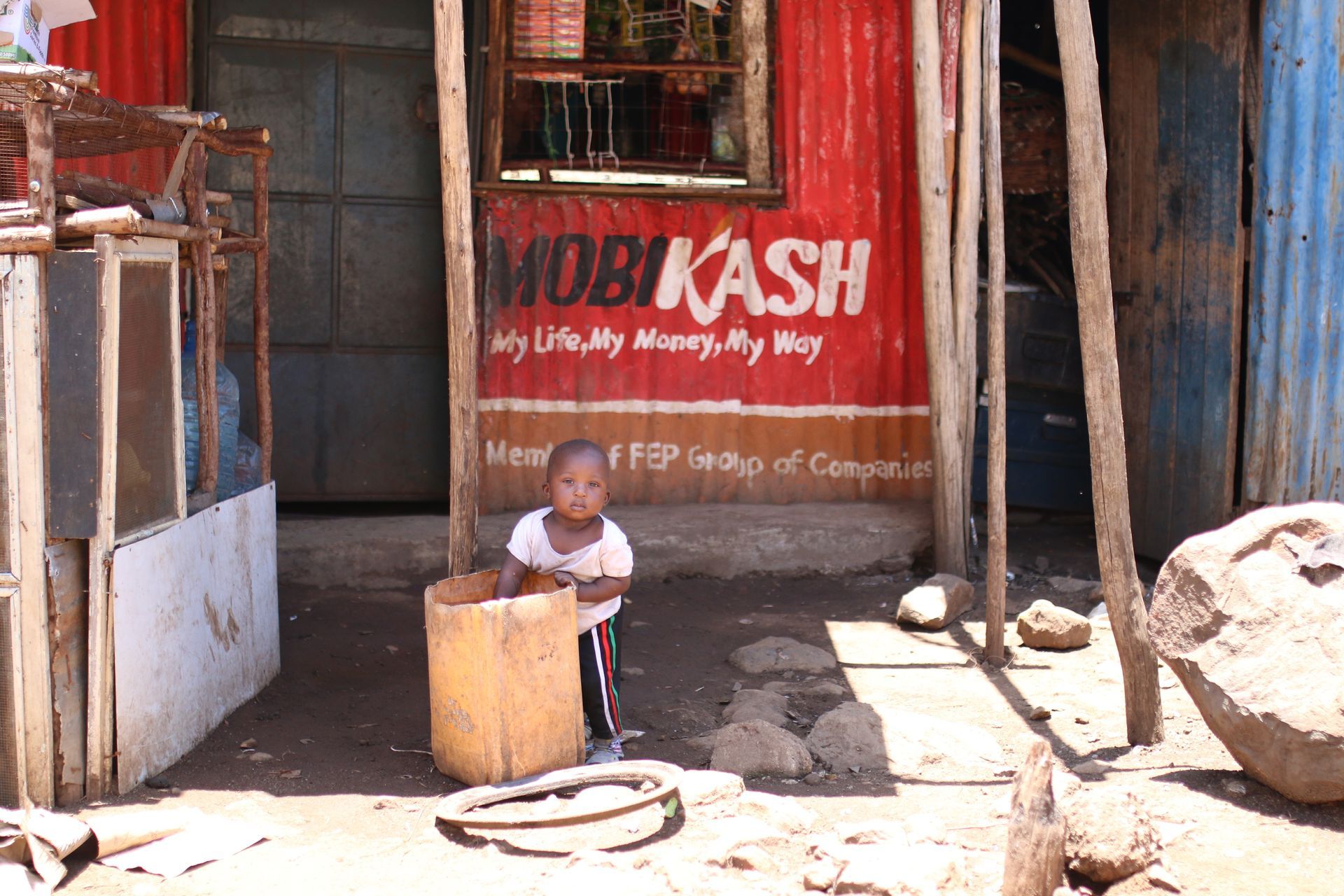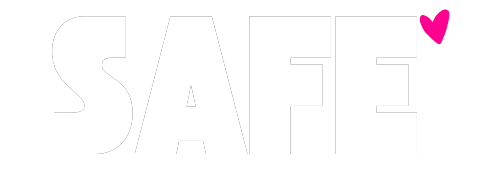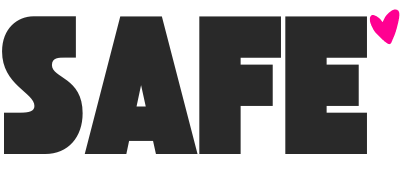SAFE’S Code of Ethics
Introduction
At SAFE INTERNATIONAL (SAFE), we are dedicated to child protection and care reform worldwide. This Code of Ethics outlines the principles and standards we expect from everyone associated with our organisation, including staff, partners, and stakeholders. Adherence to these ethical guidelines is essential to uphold our commitment to integrity and effectiveness in our mission.
1. Build Trust and Credibility
Our success relies on the trust and confidence we earn from our stakeholders. We build this trust by honouring our commitments, acting with honesty and integrity, and achieving our goals through ethical means. To build and maintain trust:
- Reflect on whether your actions enhance SAFE’s trust and credibility.
- Ensure that your commitments are realistic and can be fulfilled.
- Maintain consistent, honourable conduct in all aspects of your work.
2. Respect for the Individual
SAFE is committed to fostering an environment of dignity and respect. We value each individual's unique contributions and strive to eliminate all forms of discrimination, harassment, and abuse. Report any such behaviour to your manager or human resources immediately.
3. Create a Culture of Open and Honest Communication
We encourage open dialogue about ethics and integrity. Managers should cultivate an environment where concerns can be raised without fear of retaliation. SAFE will thoroughly investigate all reports of unethical behaviour and take appropriate action, protecting those who report issues in good faith.
4. Lead by Example
Leadership at SAFE must embody the principles of this Code through their actions. Managers should address ethical concerns promptly and foster ongoing ethical dialogue. Leading by example helps integrate our values into daily practices.
5. Uphold the Law
We are committed to adhering to all relevant laws and regulations. Understand and follow the policies, laws, and regulations applicable to your role. Seek guidance from experts when needed. Vigilance in preventing and reporting legal violations is required of all.
6. Protect Proprietary Information
Respect the proprietary and confidential information of others. Do not acquire trade secrets or intellectual property through unauthorised means. We will not misuse or disclose confidential information without proper authorisation.
7. Avoid Conflicts of Interest
Avoid situations where personal interests could conflict with SAFE’s interests. Disclose any potential conflicts to your manager or human resources and avoid activities or relationships that could impair your ability to make objective decisions.
8. Gifts and Business Courtesies
Do not accept or offer gifts, gratuities, or other courtesies that could be perceived as attempts to influence decisions. Courtesies accepted should be modest, infrequent, and transparent. Avoid any appearance of favouritism or unfair advantage.
9. Accurate Public Disclosures
Ensure that all public communications and financial reports are truthful, accurate, and complete. No business goal justifies misrepresentation or falsification. Report any inaccuracies in disclosures to management or human resources immediately.
10. Ethical Marketing
Our marketing practices must be honest and transparent, respecting the privacy and dignity of everyone we work with. Avoid misleading claims and ensure clarity and straightforwardness in our marketing strategies. We do not engage in spam or unethical practices.
11. Ethical Fundraising
Our fundraising practices must be honest and transparent. Avoid spam or unethical methods. If any unethical practices are detected, they must be stopped immediately and replaced with ethical alternatives.
12. Proper Recordkeeping
Maintain accurate and complete records according to SAFE’s policies and legal requirements. Do not interfere with audits or mislead auditors.
13. Substance Over Form
Make decisions based on integrity and ethics, not just legal requirements. Our guiding principles should lead us to do what is right, even in challenging situations.
14. Accountability
Each individual is responsible for adhering to this Code and addressing any uncertainties or concerns about ethical behaviour. Violations will result in disciplinary action, up to and including termination.
15. Confidentiality and Use of Resources
Protect confidential information and use company resources responsibly. Occasional personal use of resources is permissible as long as it does not impact job performance or disrupt the workplace.
16. Media Inquiries
Direct all media inquiries to SAFE’s designated Public Relations contact. No one may speak on behalf of SAFE without prior approval.
17. Ethical Decision-Making
When faced with difficult decisions, consider whether your actions align with SAFE’s ethical standards. Reflect on whether you would be comfortable if your actions were publicly known and whether they reflect the right choice.
18. Response to Material Breaches
In the event of a significant breach of this Code:
- Publicly report breaches, including details and outcomes.
- Investigate breaches promptly with an independent party.
- Take disciplinary actions, including dismissal, against individuals found in breach.
- Terminate contracts with partners found in breach.
- Continuously improve our anti-corruption measures based on reported cases.
By adhering to these principles, we uphold the integrity of SAFE and advance our mission of child protection and care reform with honour and respect.

JOIN US
Together, we can create safe, loving families for every child.
Join us in making a lasting difference.
Defending Children, Strengthening Families, Empowering Communities.
Contact us
Email: info@safeint.org
Phone: +447851311708
Mailing address: Unit 4D Office 2, Eleven Mile Lane, Suton, Norfolk, NR18 9JL, United Kingdom
follow us on social
In Joint Partnership with:
Registered with:
Get Involved
REPORTS & POLICIES
About
STAY UPDATED
SIGN UP HERE TO HEAR MORE ABOUT SAFE
We’d love to keep in touch with you to share how your support is transforming children’s lives and how you can continue to make a difference through our fundraising appeals, campaigns, and events.
Subscribe
You have sucessfully subscribed to our mailing list.
Please try again later.
SAFE INTERNATIONAL will securely store your personal details in accordance with our privacy notice, ensuring we can stay in touch with you. Your information will never be shared with third parties. If you wish to change your consent preferences in the future, please contact us.










